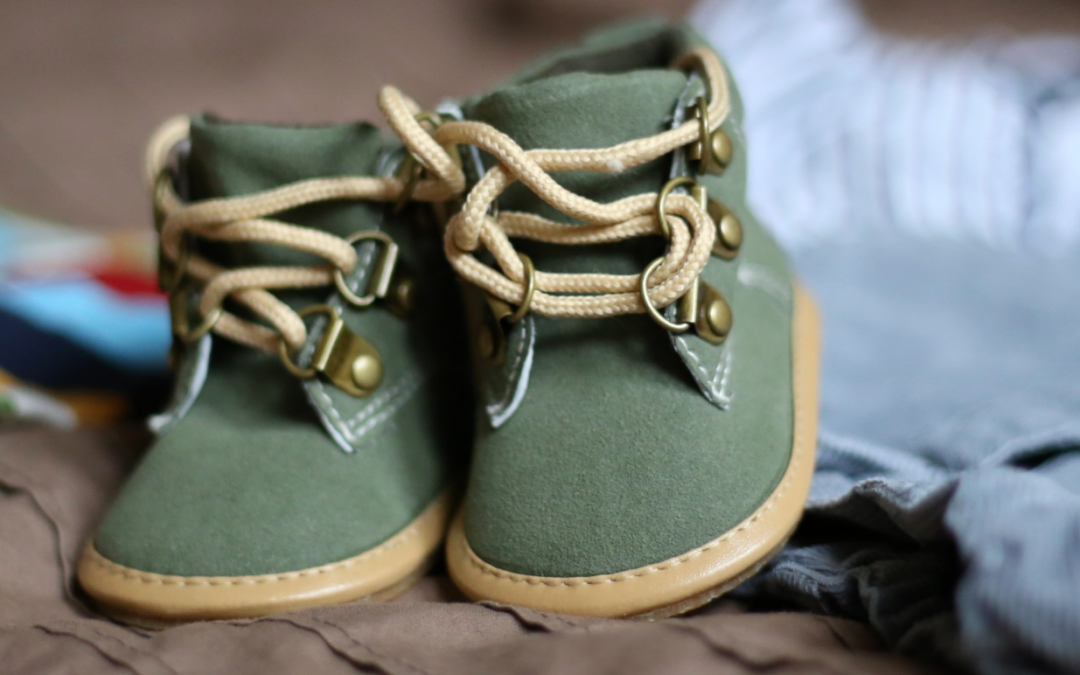Becoming a parent brings drastic change in the household budget. There are big cuts in funding for nights out, trendy clothes and elaborate meals. And there are massive spending hikes on diapers, convenience foods and an endless list of gear, from strollers to cribs to car seats.
As such, new and expectant parents are a favored demographic among marketers. They’re particularly receptive to products aimed at saving themselves time while offering stimulation and safety for little ones.
Startup founders and their backers also have taken an interest, applying technology and business model innovation to the increasingly tech-intensive art of watching, feeding, entertaining and transporting tiny humans. Although baby and toddler tech doesn’t account for a large piece of the total startup funding pie, it’s been a relatively active area for seed investment and has produced some high-return exits.
Funding in the baby market
Over the past two years, startups with baby- and toddler-focused business models have raised more than $260 million in seed and venture funding, according to an analysis of Crunchbase data. They’re developing a host of products, including robotics-enabled baby swings, smart monitors that track vital signs and formula customized for the needs of ill and premature infants. (See our list of funded companies based or marketed in the U.S. here).
Some startups have gone on to raise pretty large rounds. Among the largest funding recipients is Before Brands, which develops edibles designed to help provide immune system training for babies. Its products are founded on the principle that including potentially allergenic foods as a regular part of one’s diet can boost immunity. Before Brands closed a $35 million Series B round in March, bringing total funding to $48 million.
Another big funding recipient is Owlet Baby Care, which sells a “smart sock” that uses pulse oximetry to measure infants’ heart rate and oxygen levels while they sleep. At $300, it’s probably the priciest sock you’ll ever buy. But investors seem confident parents will pay for the added peace of mind, with Owlet raising $24 million to date, including a $15 million Series B in November.
Companies that have raised large and later-stage rounds are greatly outnumbered by seed-stage startups. While we can’t say which will prove a hit, here are a few of the investment themes that sound like they could generate a big following.
Getting smart
Owlet isn’t the only one pitching a “smart” or tech-optimized version of a traditional baby accoutrement. Five-year-old Hatch Baby, for instance, makes a smart changing pad, scale and a combination night-light and sound machine. It’s also taking pre-orders for a device that tracks the heartbeat of an infant in the womb. For those looking to pair their smart changing pad with a device that detects soiled diapers, Korean startup Monit has rolled out a Bluetooth-enabled sensor that sends alerts at the earliest sign of moisture.
New York-based Nanit, meanwhile, has raised more than $6 million to develop a smart monitor that provides wake-up alerts and advice for improving sleep quality. Parents looking to monitoring the health of their somewhat older kids also have options. San Francisco-based Good Parents has raised $2 million to develop a health wearable for children age four and up.
Eating well
Baby nutrition is also big business. Additionally, it’s a sector that has potential for high margins, given the tiny portions involved and parents’ willingness to pay extra for wholesome ingredients in convenient packages.
To date, baby food startups have a history of delivering some profitable returns to investors. Plum Organics, a maker of organic baby foods, sold to Campbell four years ago, providing a favorable return. Around the same time, another organic baby food startup, Happy Family, sold to Danone in a deal that founders touted as a win for the company. The purchase price wasn’t disclosed at the time, though Happy Family revealed that its annual revenue had topped $60 million.
The current crop of seed-backed baby food companies include packaged goods and delivery startups. The list includes NurturMe, a maker of quinoa-based products; Once Upon a Farm, which makes cold-pressed refrigerated meals and snacks; and Yumi, another organic food company. Another newcomer is Little Spoon, which offers a baby food delivery service.
Healthcare, mobility and entertainment
Other seed-stage startups are looking at ways to improve baby and toddler doctor visits, transportation and activity planning. On the healthcare front, Baby Doctor has raised seed funding for a business providing house calls for babies in New York City. Meanwhile, on the West Coast, Los Angeles-based HopSkipDrive operates a network of certified drivers to pick up and drop off children. A few startups are also targeting the activity planning space, with KidPass, The Kids Passport and Pearachute offering tools to find and subscribe to classes.
Probably the biggest exit in the space to date, however, hails from the e-commerce sector. Zulily, an online retailer of baby and children’s clothing, sold to QVC in 2015 for $2.4 billion, a few years after launching a public offering.
There don’t appear to be any baby-focused companies on the current list of talked-about IPO candidates. But consumer products companies and other likely acquirers have shown no signs of losing their appetite for the space. Some startups, such as smart sock maker Owlet, might not even need a big exit to return big profits for investors, given the likely margins on products like $300 socks.














